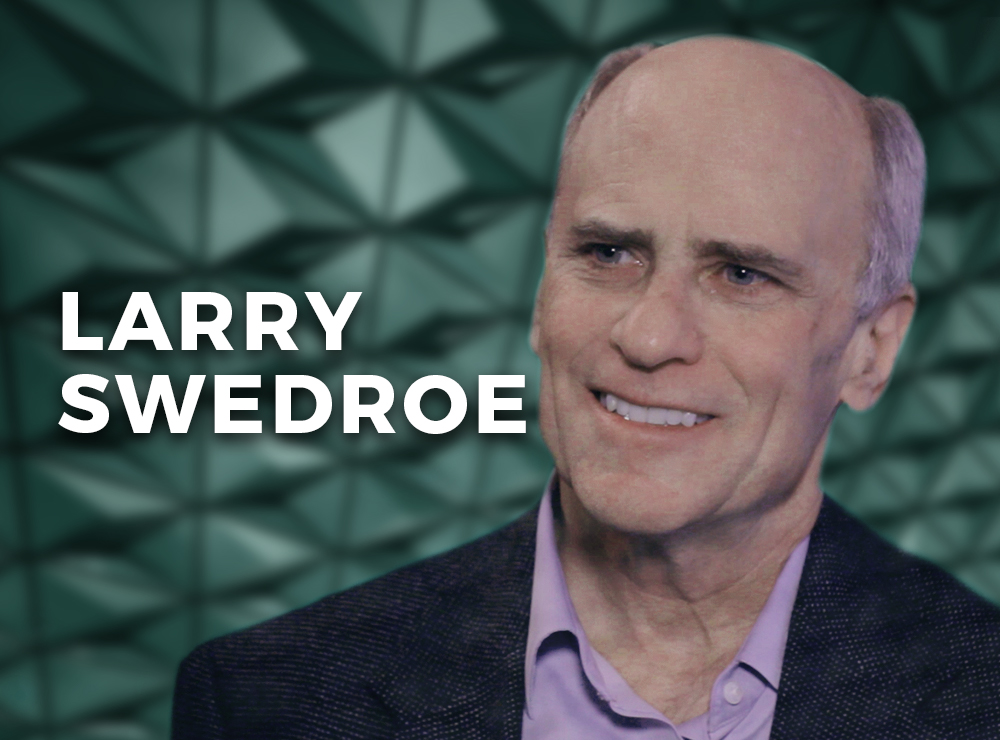
By LARRY SWEDROE
Educational institutions hold hundreds of billions of dollars in endowment funds. The outstanding performance of the Yale endowment fund, managed by legendary investor David Swensen, led many endowments to try to replicate its performance by increasing their exposures to alternative investments such as private equity, private real estate and hedge funds. Today, the endowments of large educational institutions have allocations to these alternatives of almost 60 percent.
More risk, less reward
Unfortunately, the research from the 2013 study Do (Some) University Endowments Earn Alpha?, the 2018 study Investment Returns and Distribution Policies of Non-Profit Endowment Funds, the 2020 study Institutional Investment Strategy and Manager Choice: A Critique, and the 2020 study A Better Approach to Systematic Outperformance? 58 Years of Endowment Performance show that factor models explain virtually all of the variation in performance of endowments, and that despite taking on more risks in the form of often opaque and illiquid investments (such as hedge funds, venture capital and private equity), there has been no evidence that the average endowment is able to deliver alpha relative to public stock/bond benchmarks. In fact, they have generally underperformed appropriate risk-adjusted benchmarks.
Richard Ennis contributes to the literature on the performance of university endowments with his June 2020 study Endowment Performance. He analysed the performance of 43 of the largest individual endowments over the 11 fiscal years ending June 30, 2019.
Findings
Here is a summary of Ennis’s findings:
— None of the 43 endowments outperformed with statistical significance, while one in four underperformed with statistical significance.
— Alternative asset classes have failed to deliver diversification benefits and have had an adverse effect on endowment performance.
— Risk-adjusted performance of endowments is consistent across six cohorts of fund size — there is no evidence of larger funds doing better than smaller ones after adjusting for risk. Risk-adjusted returns (alphas) for the various cohorts fall within a range of -1.1% to -1.8%, with t-statistics of -2.7 to -4.9.
— The benchmarks fit the returns well, with r-squared values that round to .99 and (small) standard error terms of 0.8% to 1.5%.
— Pronounced underperformance is evident across the range of both equity exposure and diversification.
— The underperformance is generally associated with endowments’ holdings of alternative investments and with the high, unrecouped cost of endowment investments — the risk-adjusted return of public pension funds decreases sharply as alternative investment exposure increases.
Indexing wins — however you slice the data
Ennis’ findings led him to conclude: “Endowment funds have underperformed passive investment by a significant margin during the study period, no matter how one slices the data.”
He added: “Given prevailing diversification patterns and costs of 1 to 2% of assets, it is likely that the great majority of endowment funds will continue to underperform in the years ahead.”
LARRY SWEDROE is Chief Research Officer at Buckingham Strategic Wealth and the author of numerous books on investing.
Want to read more of Larry’s insights? Here are his most recent articles published on TEBI:
Are covered calls too good to be true?
Loss aversion and expected returns
Public pensions 98% certain to underperform over ten years
DC pensions should switch to passive funds — study
Have we seen the death of value?
Eager to learn more? Here are some other recent articles we think you’ll enjoy:
Investors prefer past performance to lower fees — research
Fees crucial to ESG investing success — Morningstar
US value and growth performance under the microscope
Does adjusting for risk make active performance any better?
Don’t buy a fund because it “feels” right
© The Evidence-Based Investor MMXX









